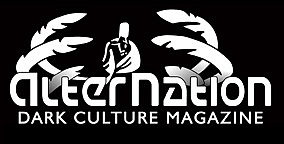Experimental
The term experimental music refers to the creative process that the artist goes through to create a variety of unique sounds that when mixed together create a whole new experience in music. The process of "experimentation" is just as important as the outcome. "Experimental" music could be called more of an experience as it is not made to be distributed in the main stream but rather to give you an insight of the artists' complex minds.
"Experimental" implies a profound level of inventiveness that lies completely outside the traditions of music. It is not bound by any established rules or formulas. Many times, the outcome of the composers' creative efforts is unpredictable as the composer "experiments" with various processes and novel approaches to produce sound or contrive a listening experience.
These experiments many times give rise to new genres of music such as: industrial, noise, free jazz, electronica, tape music, noise rock, etc. Once those genres become more established, formulaic and recycled, they no longer strictly fit the definition of experimental music. They may become decidedly unexperimental as norms within the genre solidify. In order to keep experimental experimental, the composer(s) must continuously discard tradition (even tradition established by other experimental composers) and create the unexpected, reimagined, and possibly, the socially unacceptable.
Experimental music refers, in the English-language literature, to a compositional tradition which arose in the mid-twentieth century, applied particularly in North America to music composed in such a way that its outcome is unforeseeable. Its most famous and influential exponent was John Cage (Grant 2003, 174). More loosely, the term "experimental" is used in conjunction with genre names to describe music within specific genres that pushes against their boundaries or definitions, or else whose approach is a hybrid of disparate styles, or incorporates unorthodox, new, distinctly unique ingredients (Anon. [n.d.]a). Similarly, it has sometimes been used to describe "transethnic" music: the mixture of recognizable music genres. A quite distinct sense was current in the late 1950s to describe computer-controlled composition, and the term at that time also was sometimes used for electronic music and musique concrète. "Experimental music" has also been used in music journalism as a general term of disapprobation for music departing from traditional norms.
Artists belong to the genre
![[haven]](/images/artists/201009152009521490910.jpg) |
[haven] |
Country: Polska / Poland / Date of establishing : 2005-01-11 |
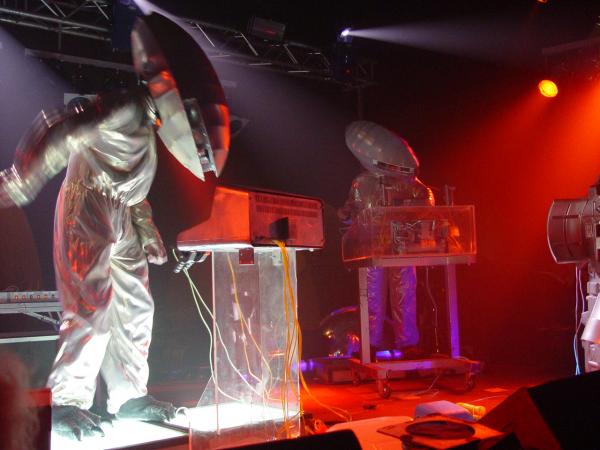 |
5F-X |
Country: Niemcy / Germany / Date of establishing : 2004 |
 |
Aabzu |
Country: Polska / Poland / Date of establishing : 2002 |
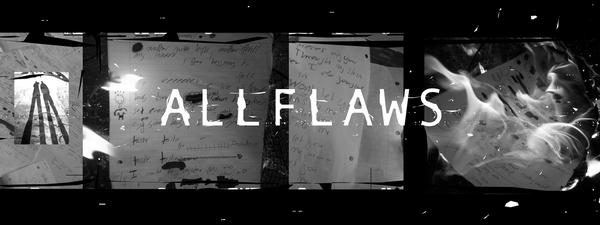 |
Allflaws |
Country: Wielka Brytania / United Kingdom / Date of establishing : 2004 |
 |
Architect |
Country: Niemcy / Germany / Date of establishing : 1998 |
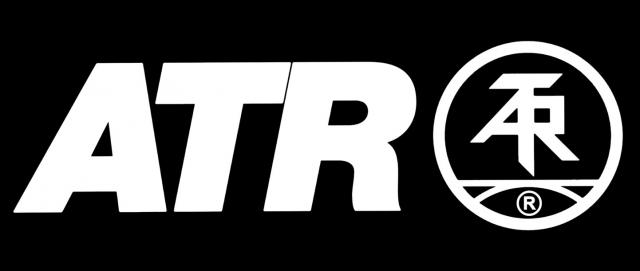 |
Atari Teenage Riot |
Country: Niemcy / Germany / Date of establishing : 1992 |
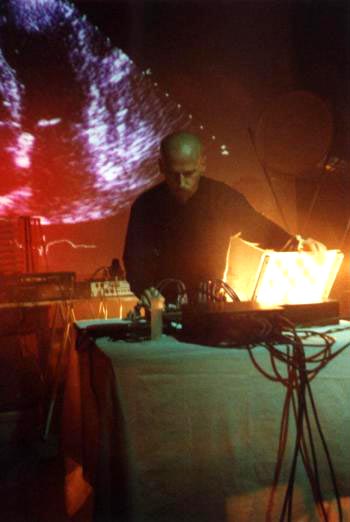 |
Bad Sector |
Country: Włochy / Italy / Date of establishing : 1993 |
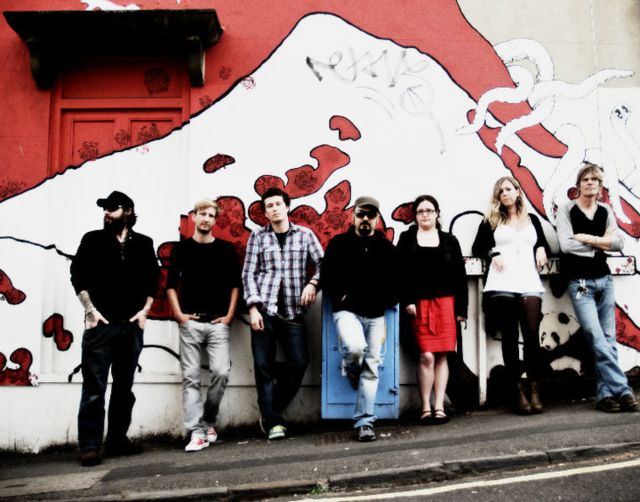 |
Crippled Black Phoenix |
Country: Wielka Brytania / United Kingdom / Date of establishing : 2004 |
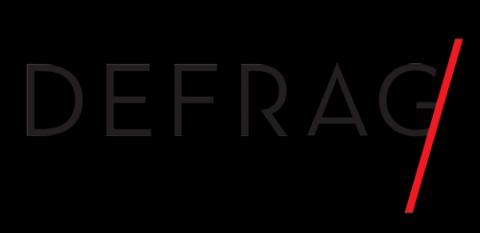 |
Defrag |
Country: USA / Date of establishing : 2000 |
 |
Einstürzende Neubauten |
Country: Niemcy / Germany / Date of establishing : 1980-04-01 |
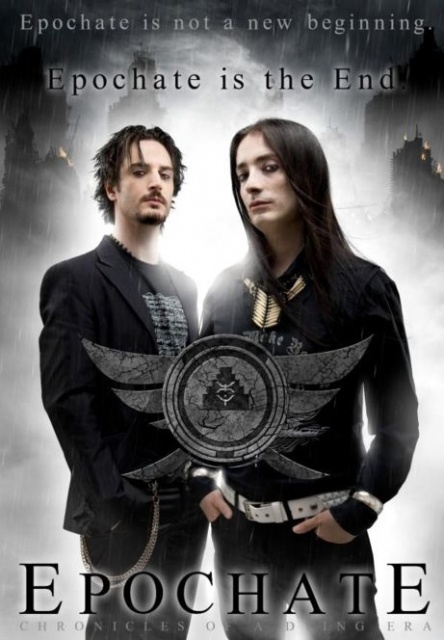 |
Epochate |
Country: Włochy / Italy / Date of establishing : 2008 |
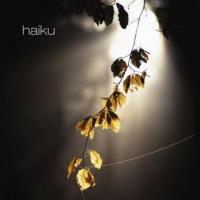 |
Haiku |
Country: Dania / Denmark / Date of establishing : 2006 |
